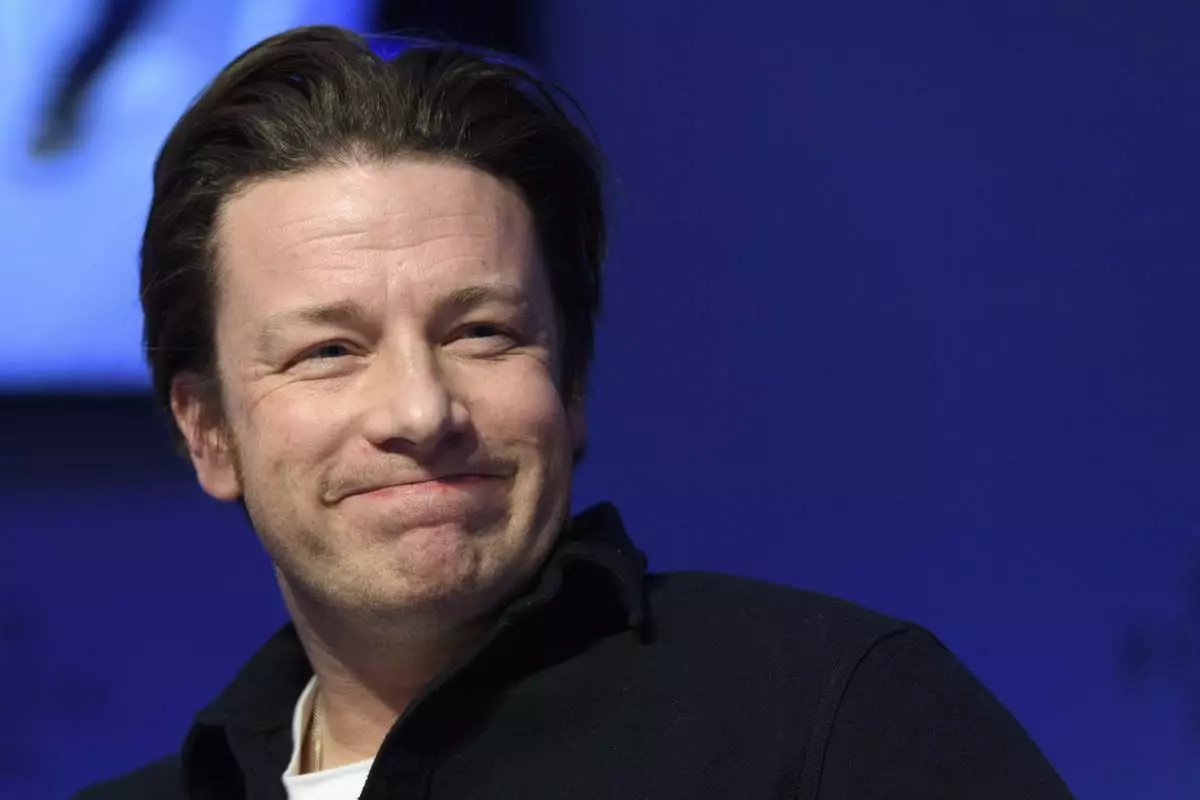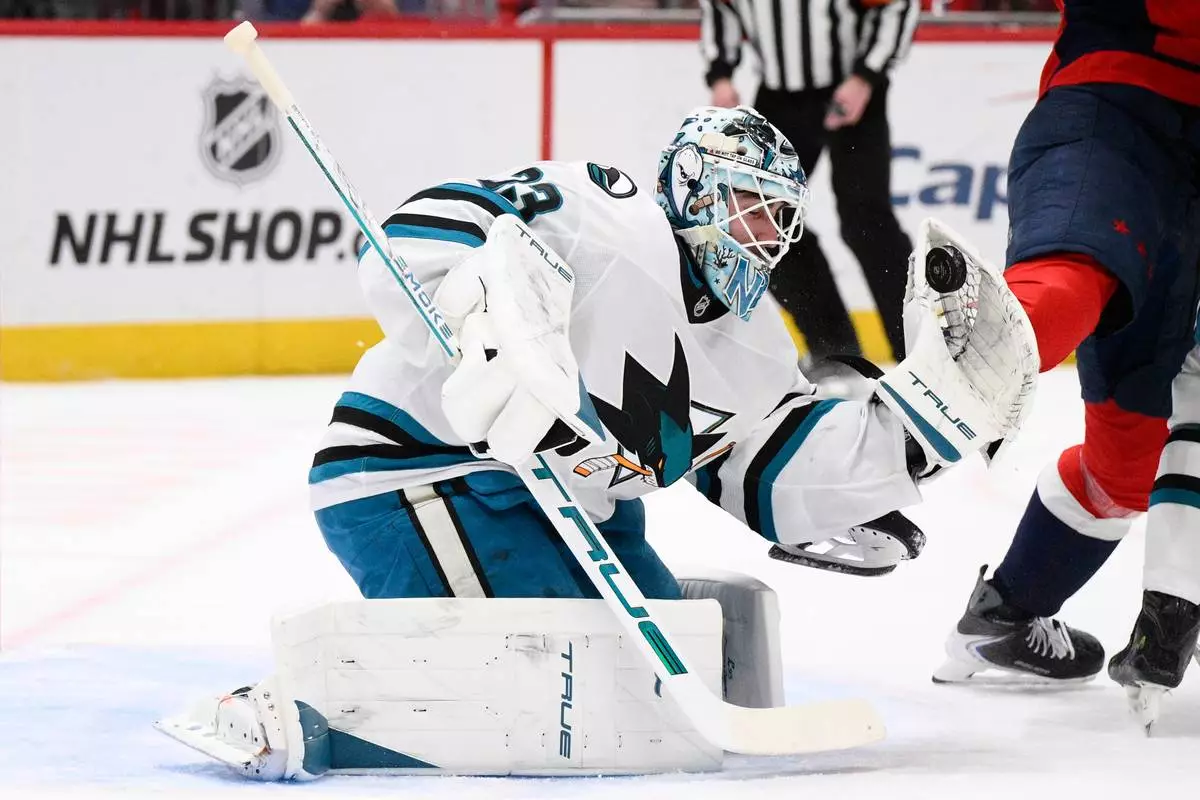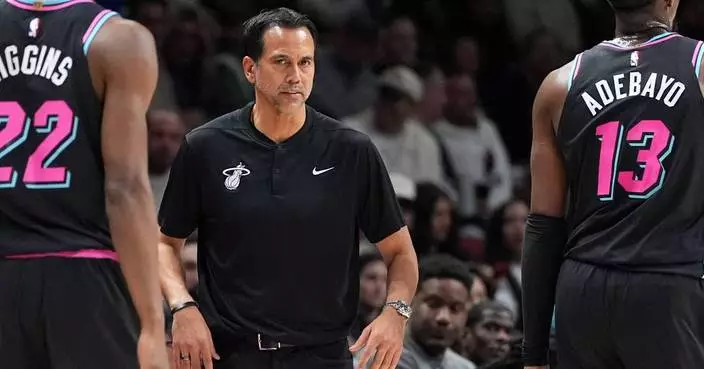LONDON (AP) — A children's book written by British celebrity chef Jamie Oliver has been withdrawn from sale after it was criticized for causing offense to Indigenous Australians.
The Guardian newspaper reported Saturday that the National Aboriginal and Torres Strait Islander Education Corporation blasted “Billy And The Epic Escape,” which was published earlier this year, for employing a series of tropes and stereotypes about Indigenous Australians, including their relationships with the natural and spiritual worlds.
The group criticized one of the fantasy novel's subplots, which tells the story of an Indigenous girl living in foster care, for contributing to the “erasure, trivialisation, and stereotyping of First Nations peoples and experiences."
In a statement, Oliver, 49, said he was “devastated” to have caused offense and apologized “wholeheartedly.”
“It was never my intention to misinterpret this deeply painful issue," he said. "Together with my publishers we have decided to withdraw the book from sale.”
Indigenous campaigners were particularly aghast that neither Oliver nor his publishers, Penguin Random House, had consulted with them before the novel was published.
“It is clear that our publishing standards fell short on this occasion, and we must learn from that and take decisive action,” the publisher said. "With that in mind, we have agreed with our author, Jamie Oliver, that we will be withdrawing the book from sale.”
Oliver, who is in Australia promoting his latest recipe book, is among a long list of celebrities to have put their names to children's books, a trend that has been criticized by many children's authors, who say they are being crowded out of their market.
Oliver released his first children’s book, “Billy And The Giant Adventure,” last year and said in a social media post that he had “carefully chosen the font to make sure the text is as clear as possible” as dyslexic people like himself can find it hard to read.
Oliver, who rose to fame in 1999 with his book and television show “The Naked Chef,” has long campaigned on children’s food and nutrition and caused a furor in 2005 when he hit out at the nutritional content of some school dinners in the U.K.

FILE - British chef Jamie Oliver attends a panel session during the 47th annual meeting of the World Economic Forum, WEF, in Davos, Switzerland, Jan. 18, 2017. (Laurent Gillieron/Keystone via AP, file)














